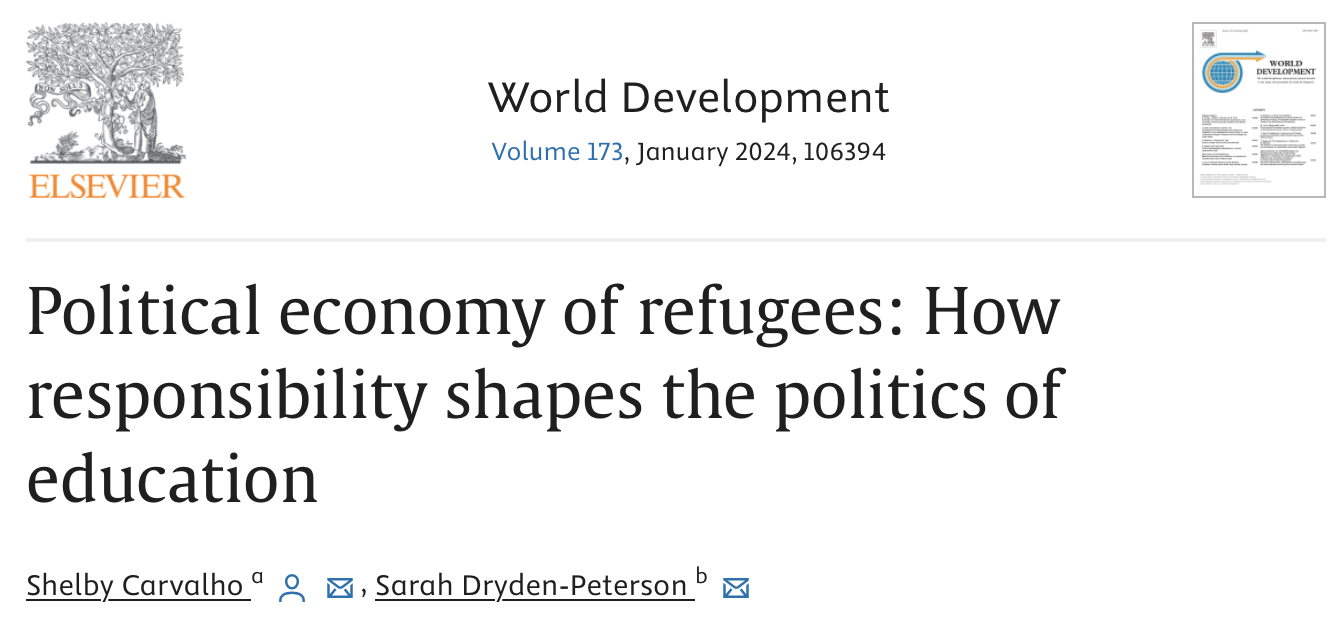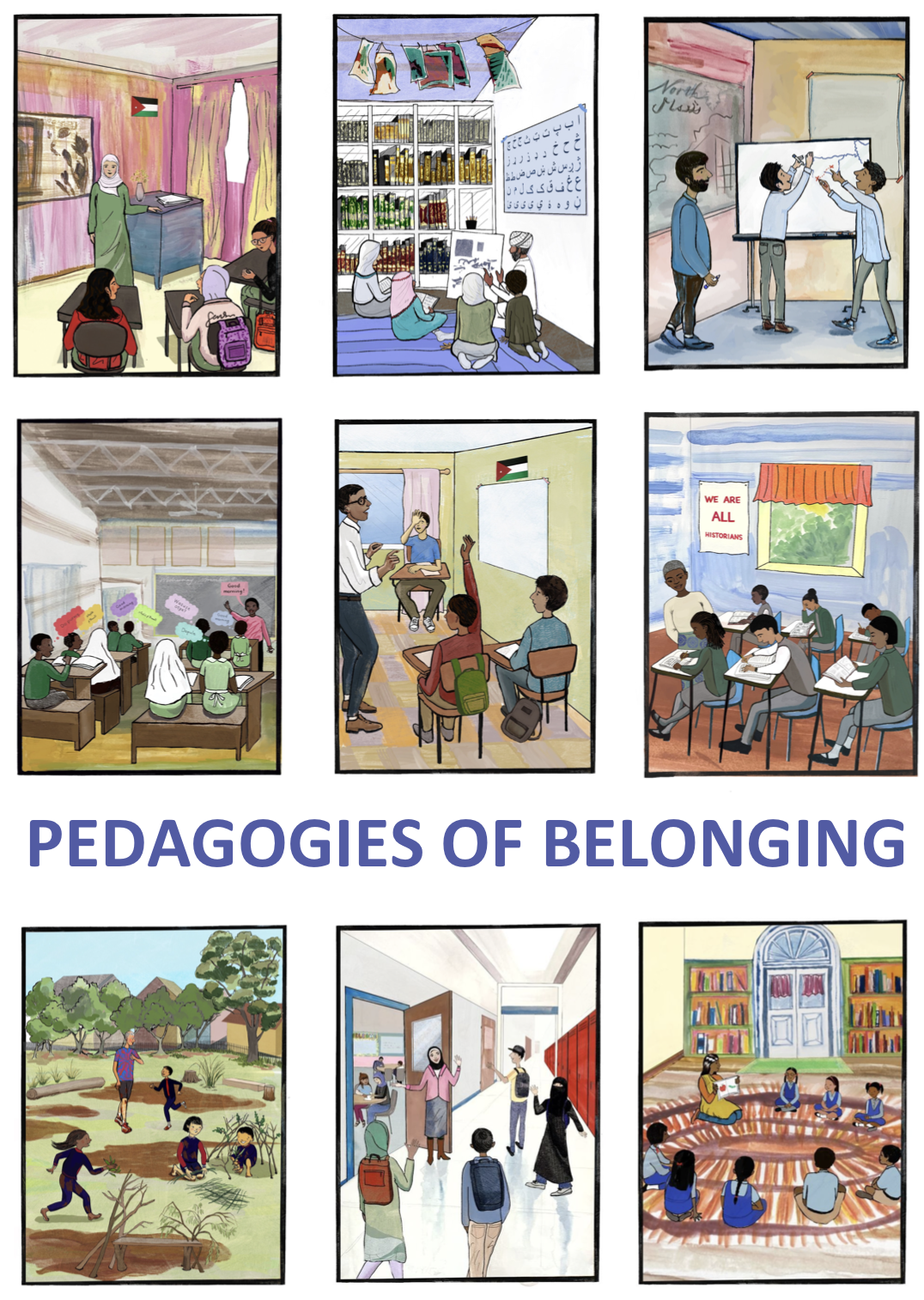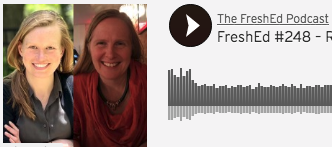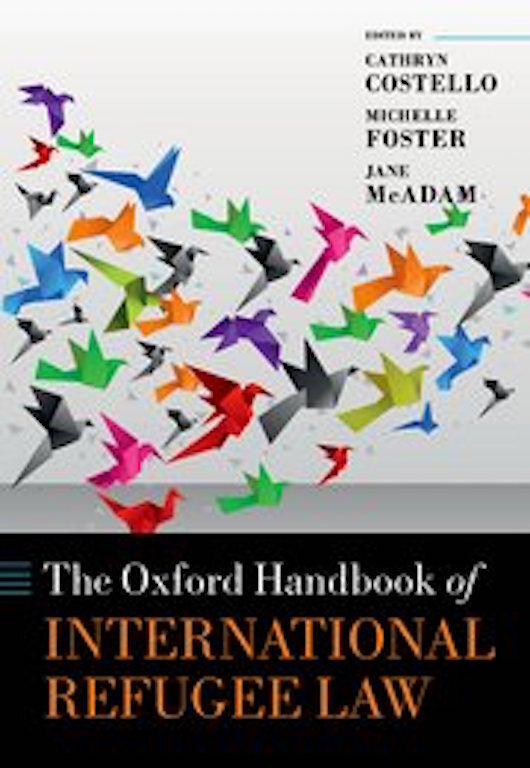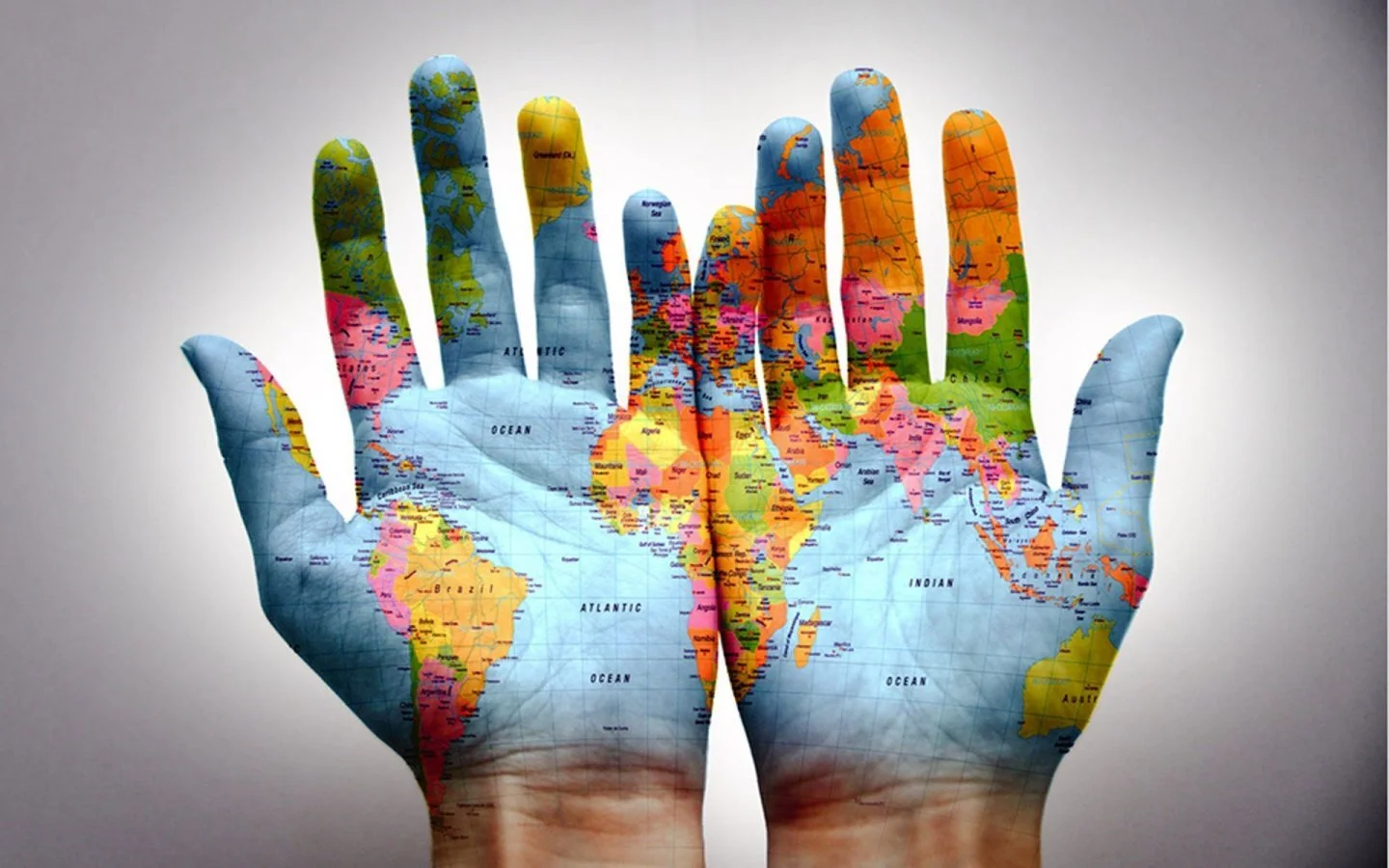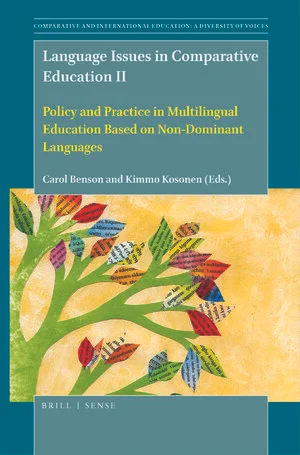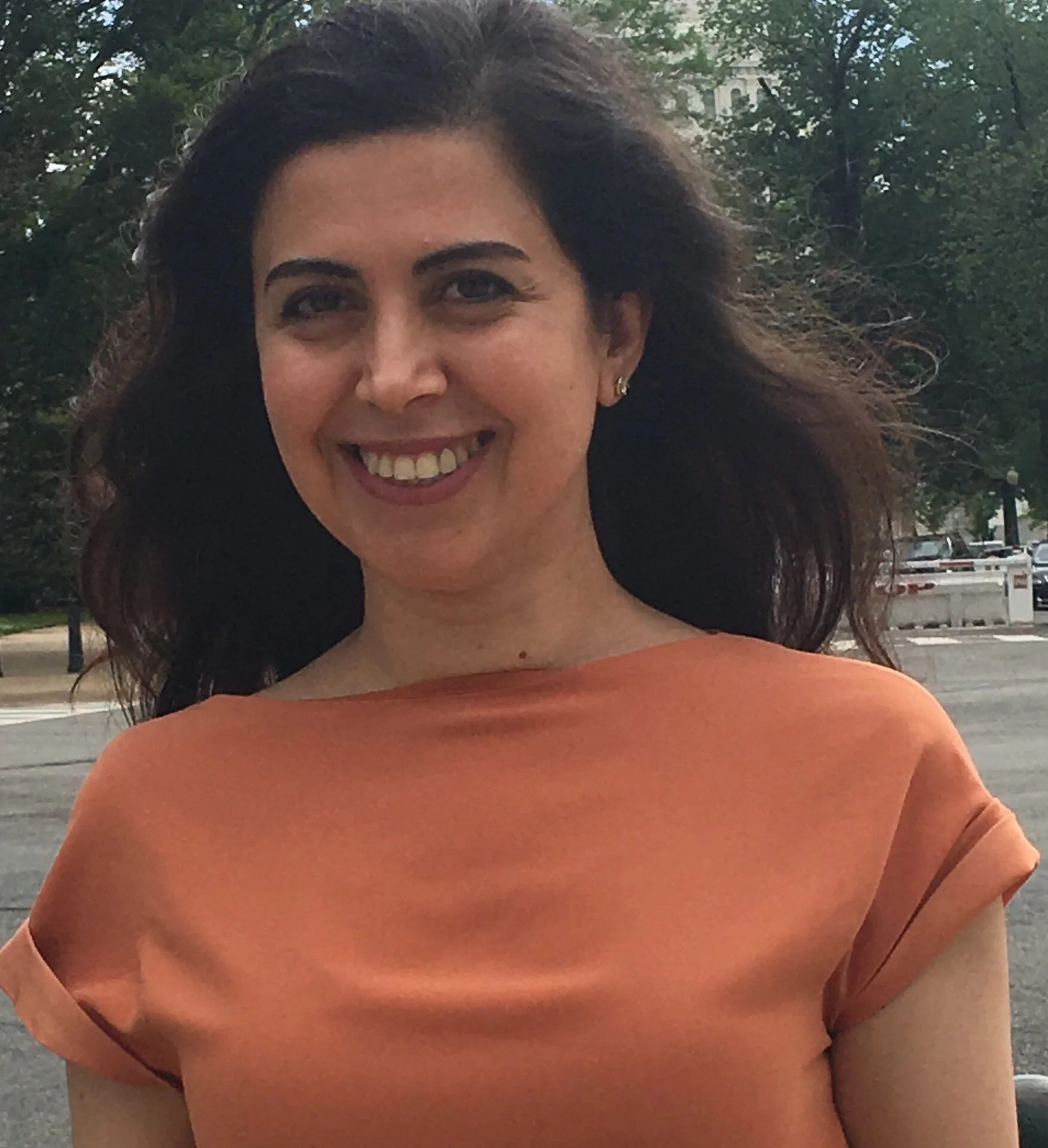Research | The political economy for refugees can be understood as distinct from the political economy for citizens as it requires addressing fundamental questions of responsibility and assumptions about time horizons. This is particularly true in education, which is by nature a long-term engagement and investment and for which responsibility is presumed to lie with governments. As host countries and the global community grapple with decisions about how to provide refugee education, it is critical to understand how the political economy for refugees and for citizens may differ to ensure that approaches are equitable and effective for refugees and host communities.
Read MoreResource | Refugee Stories: Education: Obstacles and Aspirations draws on findings from a doctoral research on young refugees’ educational experiences in England. The study investigated how young refugee people and their families have encountered the education system while considering the implications of living as refugees in England. Young refugee people’s right to education is enshrined in British law; however, the UK has no specific educational policy for them.Invisibilizing practices add to the silence around their experiences and needs. Refugee Stories tells young refugees’ and families’ stories to amplify their voices and shine a light on the social and material conditions they experience.
Read MoreResource | Pedagogies of Belonging: Educators Building Welcoming Communities in Settings of Conflict & Migration is a book is about educators, and for educators, and the practices they have developed to create welcoming communities in settings of migration. Each page of the book is a “microportrait” of one educator who we have come to know by spending time in their classroom and school. We learn from educators how they build welcoming communities, how they create space for dissent, for dialogue, for trust, for new identities, for future-building, and how they envision and build newly imagined communities.
Read MoreResource | This new resource is for educators who seek to know about their Afghan students’ experiences to better support them. The resource highlights three central elements that can cultivate trust: Safe classrooms, Community connections, and Quality learning. It ends with suggested questions for educators to facilitate conversations about each of the three elements of trust with students, families, and community leaders.
Read MoreVideo | New animation and research by the Refugee REACH team examines pedagogies of care and belonging in refugee contexts. Research included 8 months of observations in public and private schools in Lebanon and over 100 hours of interviews with Syrian Grade 9 students, their teachers, and families.
Read MoreVideo | New animation and research by the Refugee REACH team examines pedagogies of care and belonging in refugee contexts. Research included 8 months of observations in public and private schools in Lebanon and over 100 hours of interviews with Syrian Grade 9 students, their teachers, and families.
Read MorePodcast | Celia Reddick and Sarah Dryden-Peterson discuss language of instruction in refugee education on the FreshEd podcast, hosted by Will Brehm.
Read MoreBook chapter | Refugee REACH director Sarah Dryden-Peterson and affiliate Hania Mariën jointly contributed a book chapter in The Oxford Handbook of International Refugee Law, focusing on the right to education.
Read MoreVideo | ‘Coffee & Chat’ with Refugee REACH director Sarah Dryden-Peterson focusing on refugee education in Europe and North America, hosted by the SIRIUS Policy Network.
Read MoreVideo | Sarah Dryden-Peterson and Celia Reddick of HGSE present their research findings during the virtual Language and Migration symposium, hosted by the Princeton Institute for International and Regional Studies.
Read MoreBook Chapter | New research by Celia Reddick and Sarah Dryden-Peterson reveals key tensions between home language instruction for literacy and learning, and inclusion of refugee learners in national school systems in host countries.
Read MorePodcast | Co-authors Benjamin Piper and Sarah Dryden-Peterson discuss the factors that influence early grade reading and suggest that focusing on education quality is important for improving literacy outcomes.
Read MoreInterview | Jessica Lander shares what led her to work in the field of immigrant and refugee education, how she uses research, and preliminary takeaways from her book project.
Read MoreMultimedia | This is the story of Sandra, a woman from El Salvador whose life and education was affected by civil war, and now devotes herself to developing a program for recently arrived immigrant teens in Cambridge, MA, USA.
Read MoreInterview | REACH sits down with Manar Marouf of IRC’s resettlement office to discuss her professional path, her experience bringing classroom-learning into the field, and what gives her hope.
Read More
